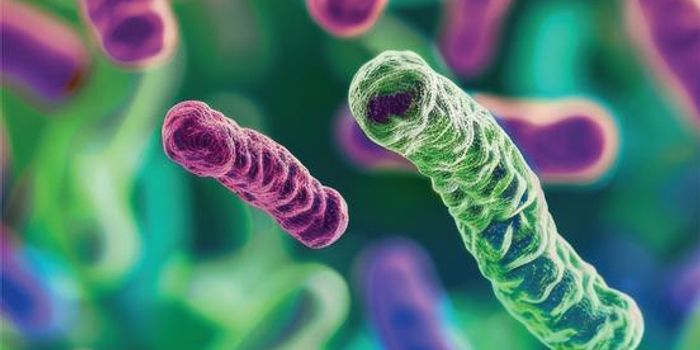In Transplant Breakthrough, the Blood Type of a Donor Kidney is Changed
Blood types have to be considered when a person is receiving a kidney transplant. An individual with type A blood, for example, cannot donate a kidney to a person with type B blood. Those with type O blood, however, are universal donors, so their kidneys can be transplanted to anyone. In a major breakthrough for transplantations, researchers have successfully changed the blood type of three kidneys from deceased donors of different blood types to type O. This method could increase the number of kidneys that are available to those who need a transplant, especially people with more rare blood types.
In this study, the researchers used a device called a normothermic perfusion machine that links to the kidney, and delivers oxygenated blood to it; this can preserve deceased kidneys for used in the future. With this machine, the scientists moved enzyme-infused blood through the deceased kidney. The enzyme is able to clip the molecular markers of blood type off of blood vessels that line the kidney, converting the kidney to type O.
"Our confidence was really boosted after we applied the enzyme to a piece of human kidney tissue and saw very quickly that the antigens were removed," said graduate student Serena MacMillan of the University of Cambridge.
"After this, we knew that the process is feasible, and we just had to scale up the project to apply the enzyme to full-size human kidneys. By taking B type human kidneys and pumping the enzyme through the organ using our normothermic prefusion machine, we saw in a matter of just a few hours that we had converted a B type kidney into an O type."
Testing will still be needed to see how these altered kidneys will work in humans. But, the researchers can check to see what may happen with the perfusion machine. Once the kidneys have been changed to type O, the researchers can flush different blood of varied types through the altered kidney and observe the effects.
Once that testing is complete, and if it does not show negative effects, the researchers would like to assess the feasibility of moving this technique to the clinic.
This research will be reported in the British Journal of Surgery within a few months.
Source: University of Cambridge









